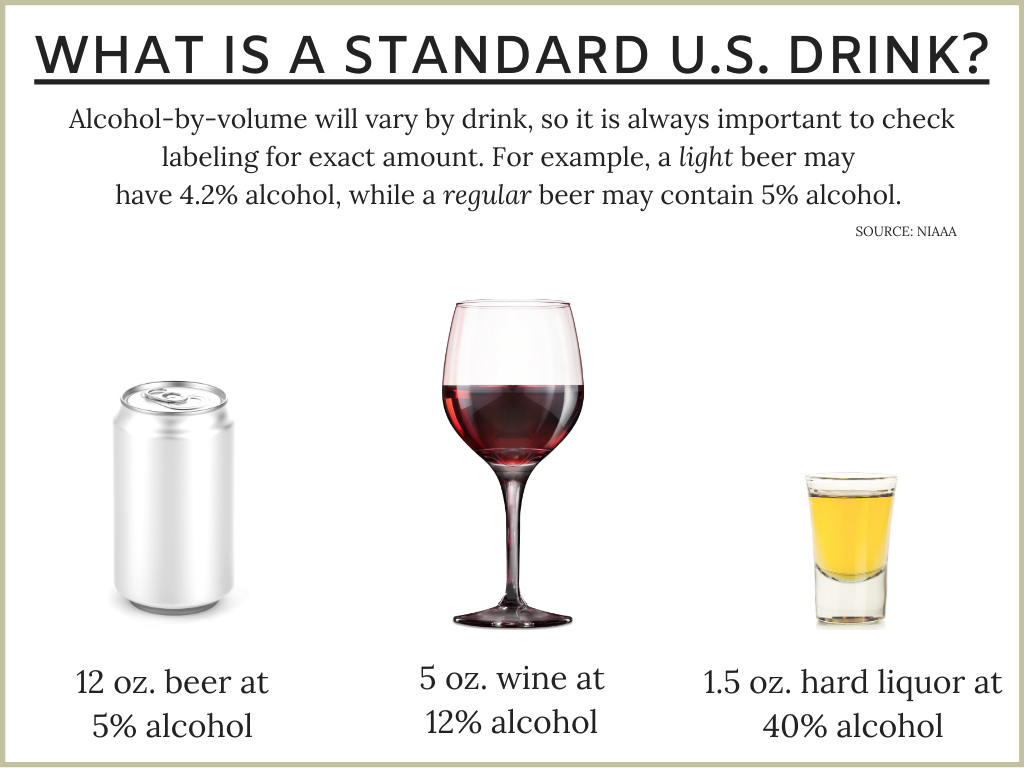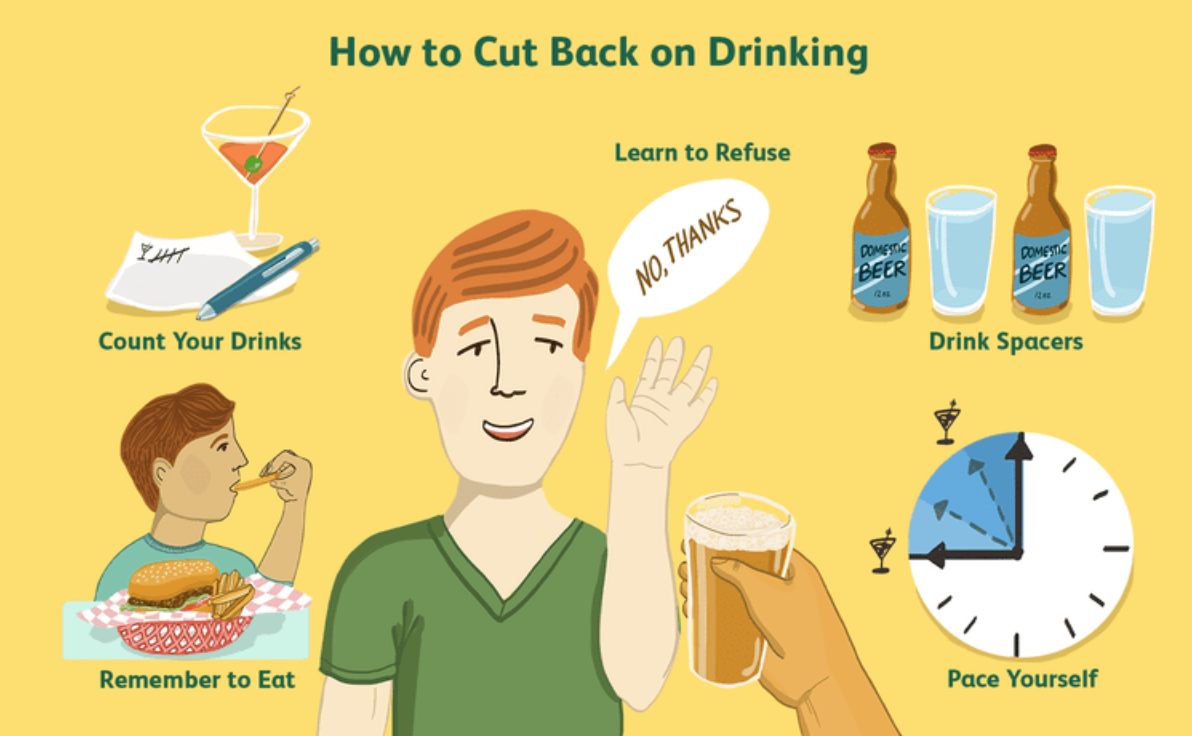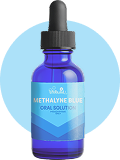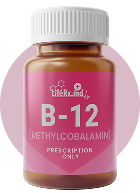Introduction:
In the dynamic landscape of medical weight loss, GLP-1 medications have become a beacon of hope. While the relationship between GLP-1 medications and alcohol awaits extensive human studies, emerging research and shared experiences within our LifeRx.md community offer valuable insights. Members frequently note a decrease in alcohol desire and enjoyment while on GLP-1 medications. In this guide, we navigate the nuanced intersection of GLP-1 medications and alcohol, offering safe and informed choices for those on their weight loss journey.
Understanding the Dynamics:
While awaiting concrete clinical data, member anecdotes suggest a notable reduction in overall alcohol cravings and intake with GLP-1 medications. The LifeRx.md community reports decreased enjoyment, tolerance, frequency, and volume of alcohol consumption.
Guidelines for Safe Alcohol Consumption:

Despite alcohol’s potential impact on GLP-1 effectiveness, we acknowledge its place in some individuals’ balanced nutrition approaches. To ensure safety, we align with recommendations from Dietary Guidelines for Americans, the American Medical Association, and the American Heart Association. Moderation is key, defined as one drink per day for women and up to two for men. It’s advised to further minimize alcohol intake as there is no health benefit, and excessive consumption can hinder weight loss efforts.
Key Risks of Excess Alcohol Intake:
Beyond impeding weight loss progress, excessive alcohol intake poses various health risks, particularly when combined with GLP-1 medications. Risks include weight gain, hypoglycemia, pancreatitis, cirrhosis, heart disease, cancer, mental health issues, and an increased likelihood of accidents.
Tips for Responsible Alcohol Consumption:

For those choosing to incorporate alcohol while on GLP-1 medications, responsible consumption is crucial. Practical tips include :
- Knowing personal limits
- Pacing oneself
- Eating before and during drinking
- Alternating alcoholic drinks with non-alcoholic ones
- Being mindful of surroundings to ensure a safe journey home.
Concerns and Seeking Help:
Recognizing signs of problematic drinking is essential. If experiencing unintended effects, withdrawal symptoms, or challenges controlling drinking, it’s crucial to seek professional advice. Primary care doctors can assess drinking habits and provide resources for those struggling with alcohol use.
Navigating Social Situations:
For those opting not to consume alcohol, assertiveness, planning, and honesty are powerful tools.
- Being assertive about not drinking
- Having a plan for social situations
- Saying no confidently
- Changing the subject when pressured
- Being prepared to leave if necessary
Conclusion:
While the relationship between GLP-1 medications and alcohol is multifaceted, responsible choices are integral to a balanced weight loss journey. This guide, shaped by emerging research and member experiences, aims to empower individuals to make informed decisions, ensuring their well-being on the path to a healthier lifestyle.
(Note: This guide serves as general advice and should not replace personalized medical consultations. Individuals are encouraged to consult healthcare providers for tailored recommendations based on their health conditions and circumstances.)




















